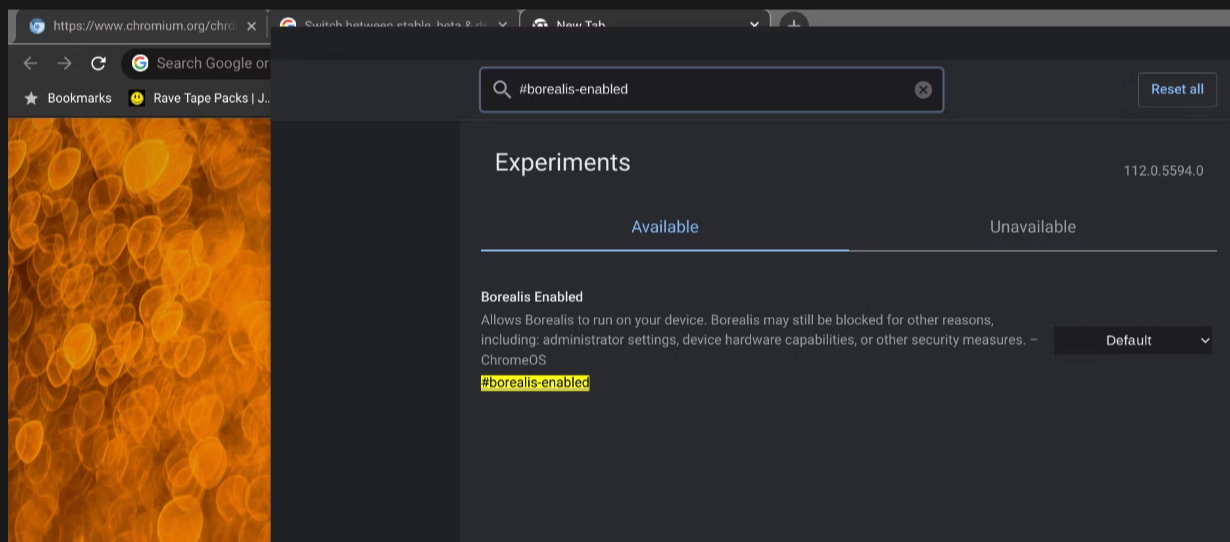Google and Valve have been working on approximation for a long time Steam on ChromeOS and more specifically on Chromebooks. The implementation of the client of the well-known video game platform is based on the one available for Linux, which is normal if the search giant wants to have a large catalog of games from the start that can be run on ChromeOS without many complications, which obviously leads to the use of the Proton compatibility layer.
ChromeOS 119 It represents progress in the implementation of Steam by making the application available to more users. Previously, client installation required access to the section chrome://flags and set the Borealis Enabled flag to Enabled but From now on, the app is no longer hiddenso it should be available for some Chromebooks that meet the following minimum requirements:
- Intel Core i3, AMD Ryzen 3 or better processor.
- 8 GB RAM minimum.
- Data storage at least 128 GB.

A flag that had to be enabled to have Steam on ChromeOS.
It’s important to note that Steam for ChromeOS is still in beta. Since the application is a port from one available for Linux, Video gaming support is much better with AMD APU than Intel integrated graphics card.because the Vulkan driver available for red giant graphics is much better, especially when it comes to running video games, both native to Linux and through the Proton compatibility layer, which through DXVK and VKD3D is responsible for translating Direct3D instructions to Vulkan.
Another point to keep in mind is that Chromebooks are not designed for playing heavy video games due to the lack of storage by default and the absence of a dedicated graphics card, although models with a powerful AMD APU are powerful enough on paper to run a lot. the Steam catalog, even through Linux. However, it may be better to use a streaming service to play certain games.
Without much fanfare, Steam for ChromeOS is making its way bit by bit, and in the future it could be an app that can be installed normally. Google’s PC operating system is one of Valve’s main bets to expand its platform’s domains, despite the limitations these machines present, especially in the data storage capacity they have by default.














